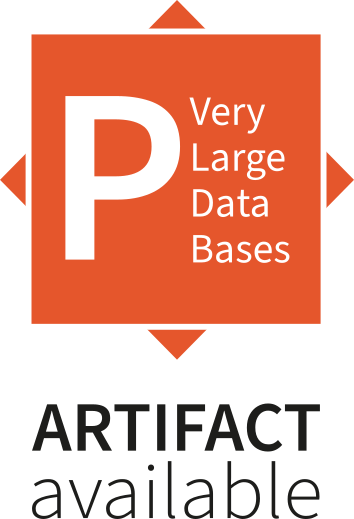go back
go back
Volume 18, No. 7
BIRDIE: Natural Language-Driven Table Discovery Using Differentiable Search Index
Abstract
Natural language (NL)-driven table discovery identifies relevant tables from large table repositories based on NL queries. While current deep-learning-based methods using the traditional dense vector search pipeline, i.e., representation-index-search , achieve remarkable accuracy, they face several limitations that impede further performance improvements: (i) the errors accumulated during the table representation and indexing phases affect the subsequent search accuracy; and (ii) insufficient query-table interaction hinders effective semantic alignment, impeding accuracy improvements. In this paper, we propose a novel framework Birdie, using a differentiable search index. It unifies the indexing and search into a single encoder-decoder language model, thus getting rid of error accumulations. Birdie first assigns each table a prefix-aware identifier and leverages a large language model-based query generator to create synthetic queries for each table. It then encodes the mapping between synthetic queries/tables and their corresponding table identifiers into the parameters of an encoder-decoder language model, enabling deep query-table interactions. During search, the trained model directly generates table identifiers for a given query. To accommodate the continual indexing of dynamic tables, we introduce an index update strategy via parameter isolation, which mitigates the issue of catastrophic forgetting. Extensive experiments demonstrate that Birdie outperforms state-of-the-art dense methods by 16.8% in accuracy, and reduces forgetting by over 90% compared to other continual learning approaches.
PVLDB is part of the VLDB Endowment Inc.
Privacy Policy